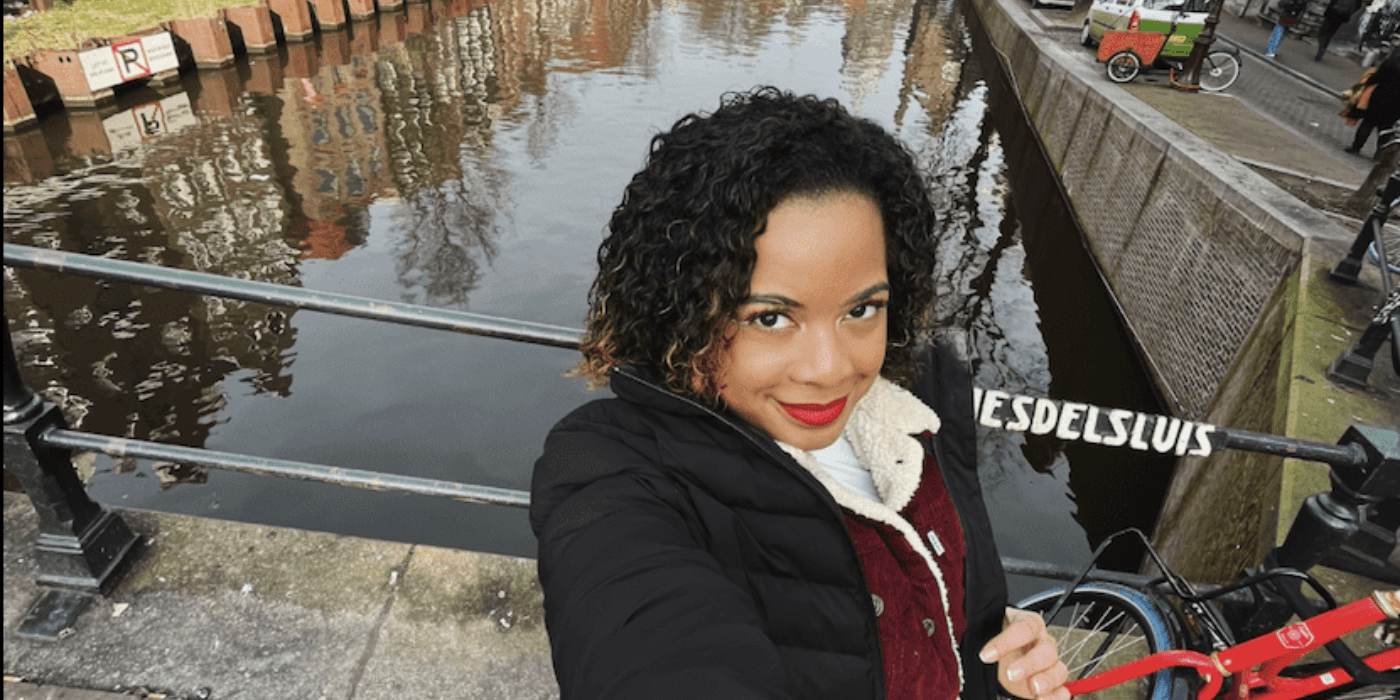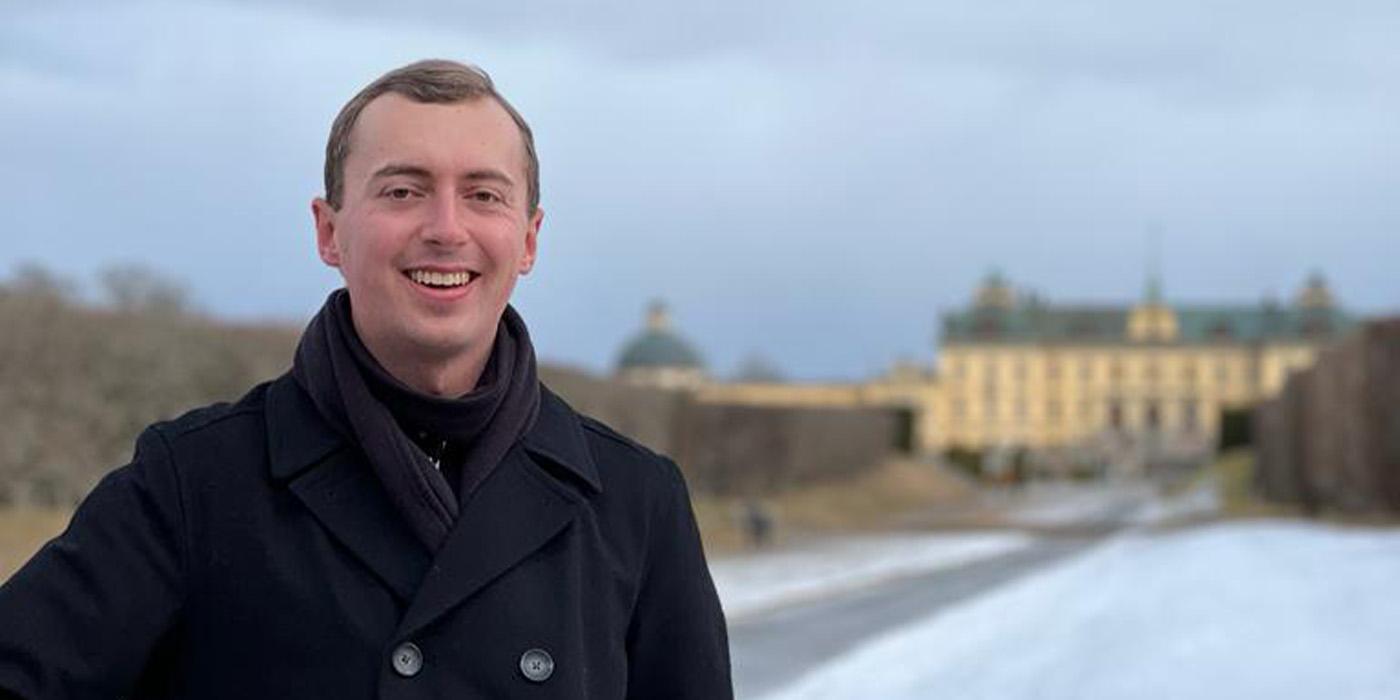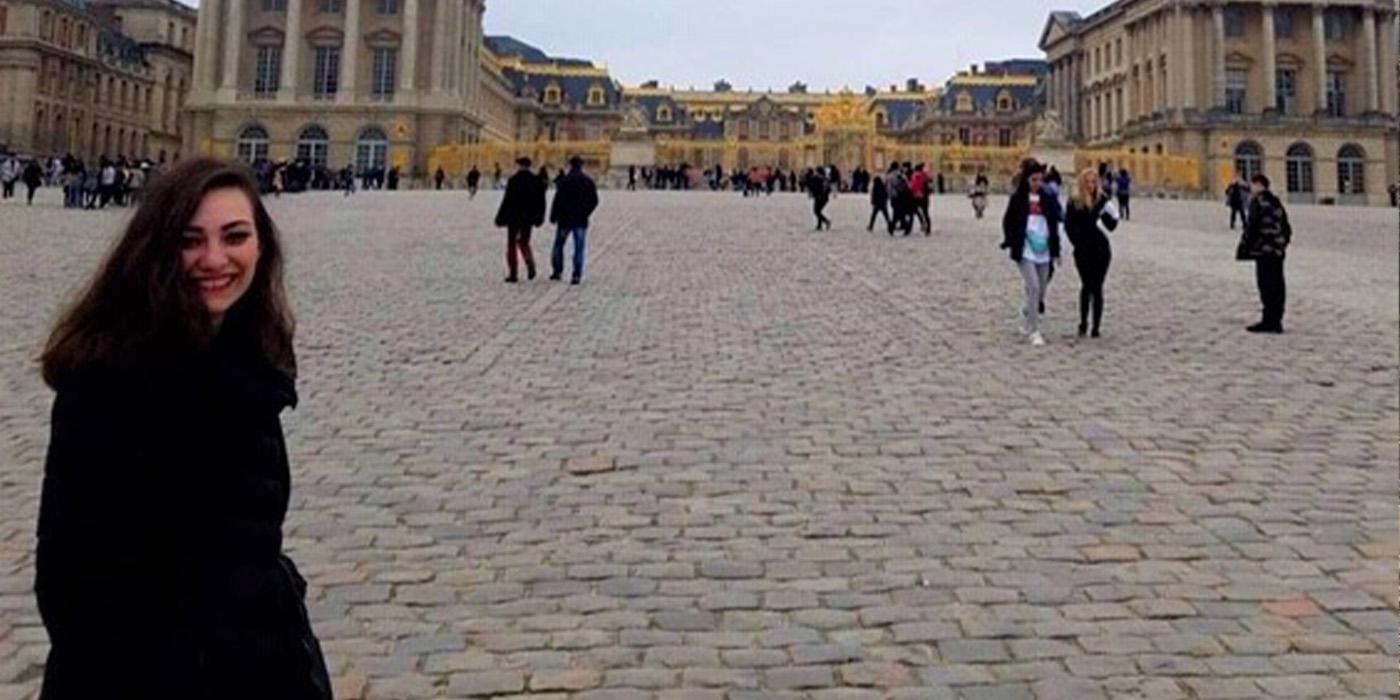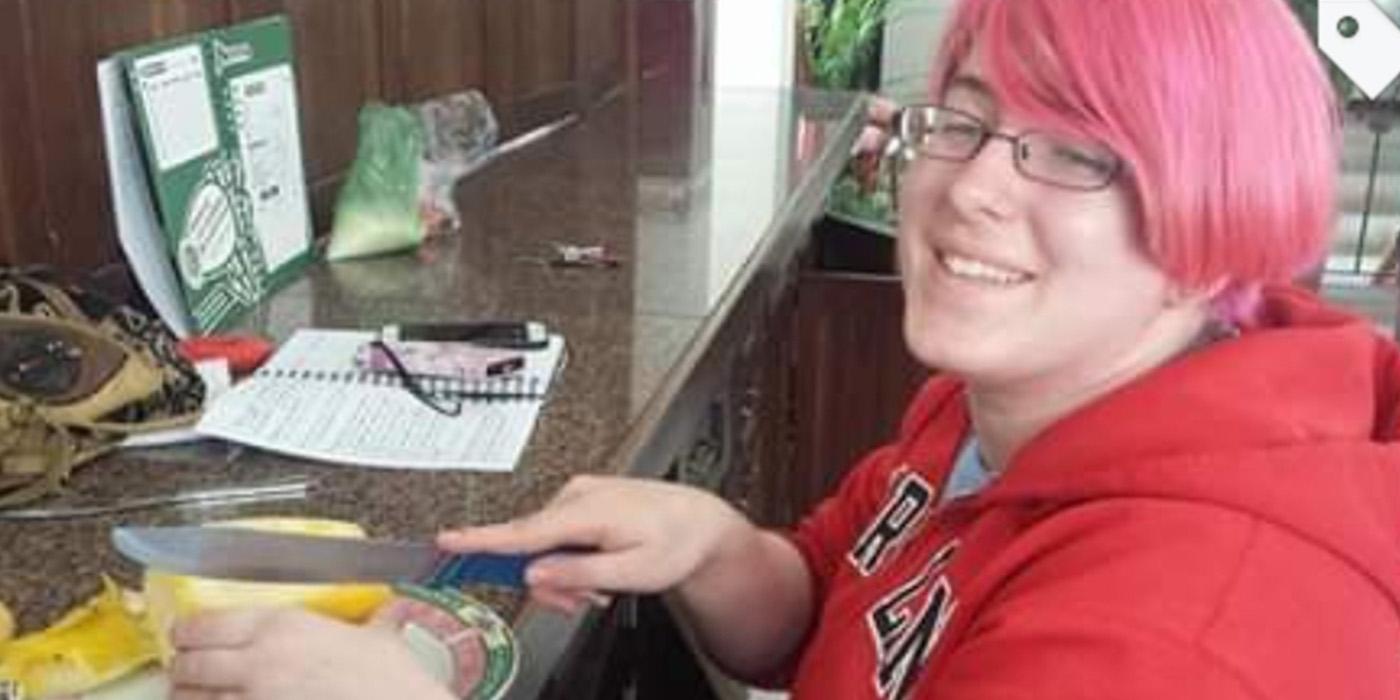
Jordan Bellamy, Amsterdam
“For anyone studying abroad: It is easy to think that you won't make friends, but the people in your exchange program are also going to feel just as lost and confused and lonely as you. You are all in the same boat, which makes it easier to bond with them!! To Black people, feminine people/women, and/or queer people: we are everywhere. Even if it doesn't seem like it. We are everywhere. TikTok and Instagram are great resources to find events that interest you. It may not seem like that at first but we are everywhere.” Read more about Jordan's experience abroad.

Logan Glauser, Denmark
“For other LGBTQ+ Terps I highly recommend going to a country with a positive view on queerness. Most of northern and western Europe is a good example as being able to be out and proud over there with vibrant queer communities is amazing and something that is not present in all parts of the world and practicing safe travel is the best kind of travel, especially in our minority. But, the best advice I can give is to have fun and be yourself, make friends who share your views and stay safe!” Read more about Logan's experience abroad.

Rose Raufman, France
“The hardest part of studying abroad was the loneliness that I experienced in the beginning.
Getting used to a new country, a new family (if you stay with a family), a new language, new laws, and a new culture is incredibly alienating. I learned to combat that by forcing myself to explore my surroundings, talk to locals, go to events, and lean on the other students going through the same thing. Studying abroad was the most rewarding thing I have done thus far. I learned so much about myself and gained so much confidence from learning that I'm more resilient and resourceful than I thought.” Read more about Rose's experience abroad.

Teressa Ferraro, Ecuador and Argentina
“Be aware of what you want to present when you go to your host country. I was very open about being disabled both times I went abroad, but my first study abroad I wasn't open at all about being queer. My second study abroad I told the friends I made, but not my host family. I think part of that is as someone who is nonbinary, it's hard to navigate that in Spanish and it wasn't really worth it to me to force that. But remember that you'll be in your host country for a long time! It can be stressful to be up front about some things, but it can also be stressful to not be up front. Try to choose the best option for you.
Talk to your advisor! Education Abroad staff is really supportive and they want to help you. The more up front about your worries and needs you are, the more they'll be able to help.” Read more about Teressa's experience abroad.
Are you an LGBTQ+ Terp interested in studying abroad? Education Abroad is here to support you. Make an appointment with an advisor today and explore your options.
